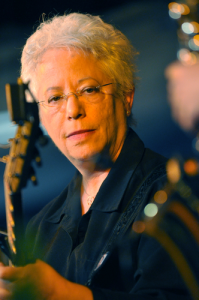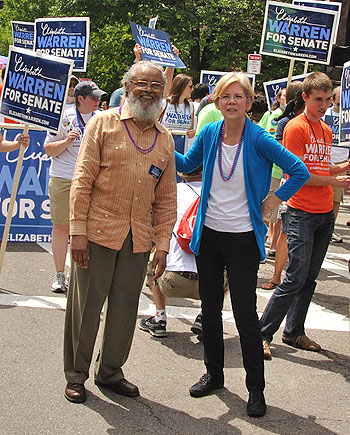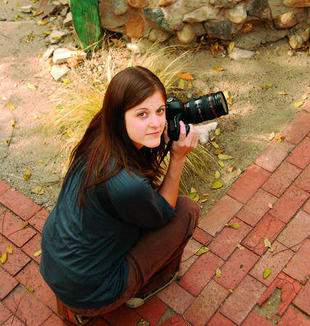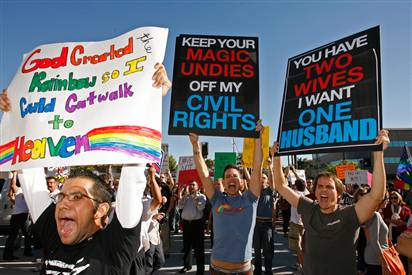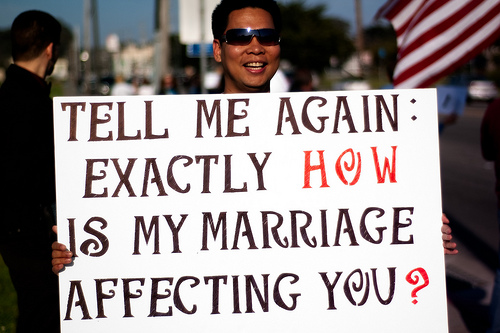“But mostly he got to power on words, the right words at the right time.”
—Ender’s Game
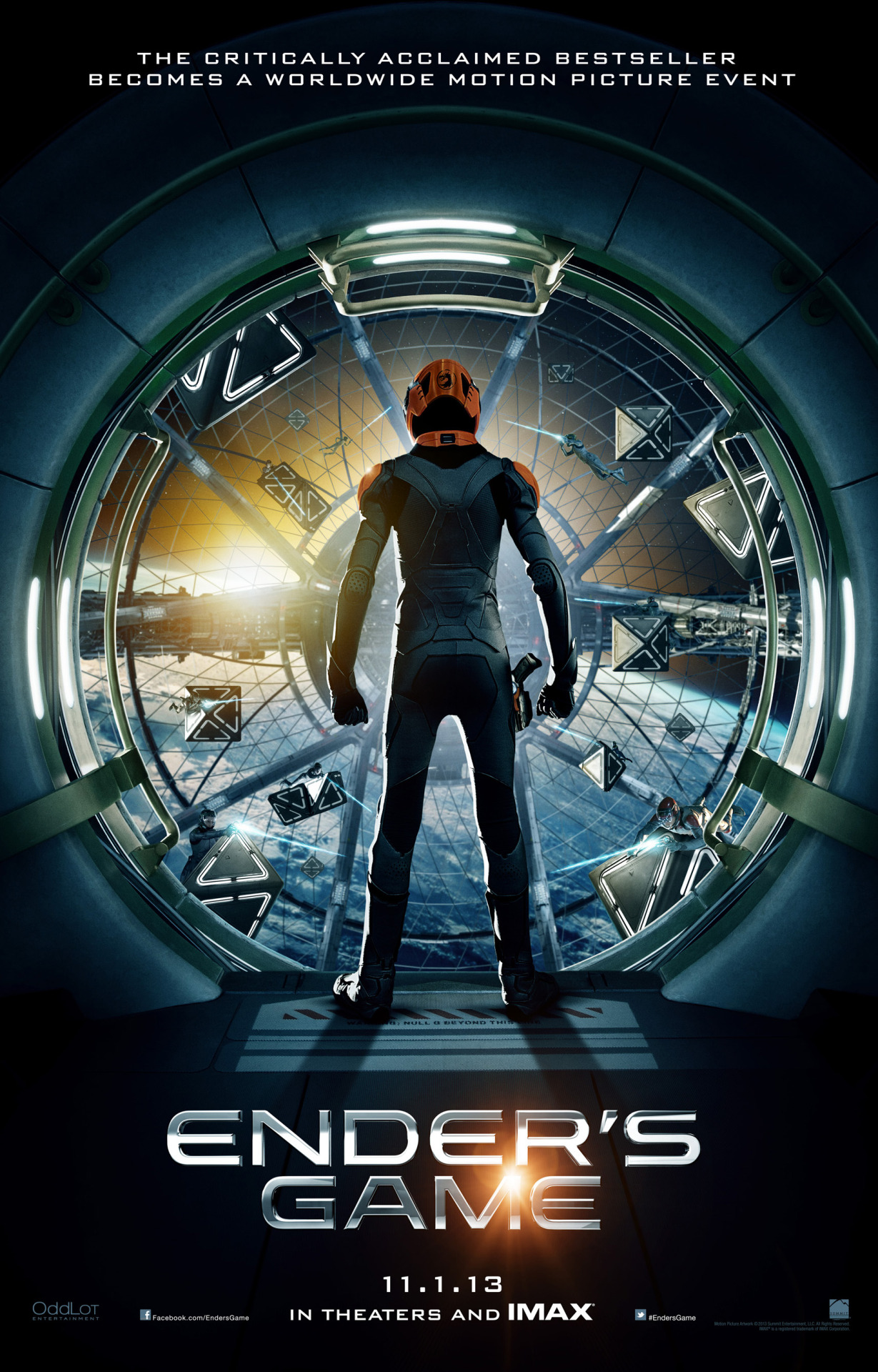
With the upcoming release of the Ender’s Game film, adapted from Orson Scott Card’s novel (which is rightly considered a sci-fi classic), a flurry of controversy is building up around the release, especially since Geeks OUT called for a boycott of the film due to Orson Scott’s Card vocal views on homosexuality and gay marriage (some of Card’s views on the subjects can be found a little more rationally in his early work here, and a lot less rationally in his later work here). This is not the first time this issue has come back to haunt Card recently, as DC Comics had to temporarily shelve a Superman story Card had written for them due to some backlash the company had received about Card’s views (even to the point of the artist leaving the project). And, frankly, I can totally understand why the gay community wants to color Card as a boogeyman when he issues incendiary, inflaming, alienating statements like this:
How long before married people answer the dictators thus: Regardless of law, marriage has only one definition, and any government that attempts to change it is my mortal enemy. I will act to destroy that government and bring it down, so it can be replaced with a government that will respect and support marriage, and help me raise my children in a society where they will expect to marry in their turn.
Biological imperatives trump laws. American government cannot fight against marriage and hope to endure. If the Constitution is defined in such a way as to destroy the privileged position of marriage, it is that insane Constitution, not marriage, that will die (Deseret News, July 24, 2008).
Now, whoa there, pardner! This style of “vive la revolution” diatribe is seriously extreme, no matter one’s belief system or worldview. And it’s also pretty impractical. This sort of rhetoric did much more to paint Card as a fanatic, than it did to rally the troops around Captain Moroni’s flag (I don’t actually think Card’s crazy, he’s actually really brilliant, but this particular article certainly made him LOOK crazy).
Card can hardly play the victim, nor be particularly surprised that the gay community has organized so thoroughly against him, when he says that he would prefer to see the government destroyed than let gay marriage stand in America. Statements like that are like holding a lightning rod in a thunderstorm. Card put too many of his RISK armies on one part of the board, and the opposition took advantage of his tactical error.
“I will remember this, when I am defeated. To keep dignity, to give honor where it is due, so that defeat is not a disgrace. And I hope I don’t have to do it often.”
—Ender’s Game
“Since when do you have to tell the enemy he has won?”
— Ender’s Game
Yet such brash words were obviously spoken in the heat of the moment since Card has now given up the fight, stepping down from his position on National Organization for Marriage, and has called the gay marriage debate “moot” (technically not correct, since there are still 37 states who still outlaw gay marriage, but I do think Card is prescient to see the writing on the wall). No revolution, no overthrowing the government, no going down with the ship… Card has presented the “enemy” with his sword and conceded defeat with this statement, “With the recent supreme court ruling, the gay marriage issue becomes moot. The full faith and credit clause of the constitution will, sooner or later, give legal force in every state to any marriage contract recognized by any other state.”
Read more
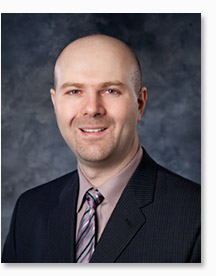 Why, then, is the author of Ender’s Game an unrepentant homophobe and conspiracy theorist best described alternatively as either “intolerant” or “kooky”? That is the question Rany Jazayerli asks in his moving and thoughtful piece for Grantland. Jazayerli is clearly a sympathetic reader (sympathetic of Card, I mean). As a devout Muslim he shares Card’s Mormon view that homosexual sex is a sin. He is not only a fan of science fiction in general and Card’s works in particular, he writes movingly of how Card’s sympathetic depiction of a Muslim character in Ender’s Game (written in the 1980s) profoundly touched Jazayerli. He says:
Why, then, is the author of Ender’s Game an unrepentant homophobe and conspiracy theorist best described alternatively as either “intolerant” or “kooky”? That is the question Rany Jazayerli asks in his moving and thoughtful piece for Grantland. Jazayerli is clearly a sympathetic reader (sympathetic of Card, I mean). As a devout Muslim he shares Card’s Mormon view that homosexual sex is a sin. He is not only a fan of science fiction in general and Card’s works in particular, he writes movingly of how Card’s sympathetic depiction of a Muslim character in Ender’s Game (written in the 1980s) profoundly touched Jazayerli. He says:
